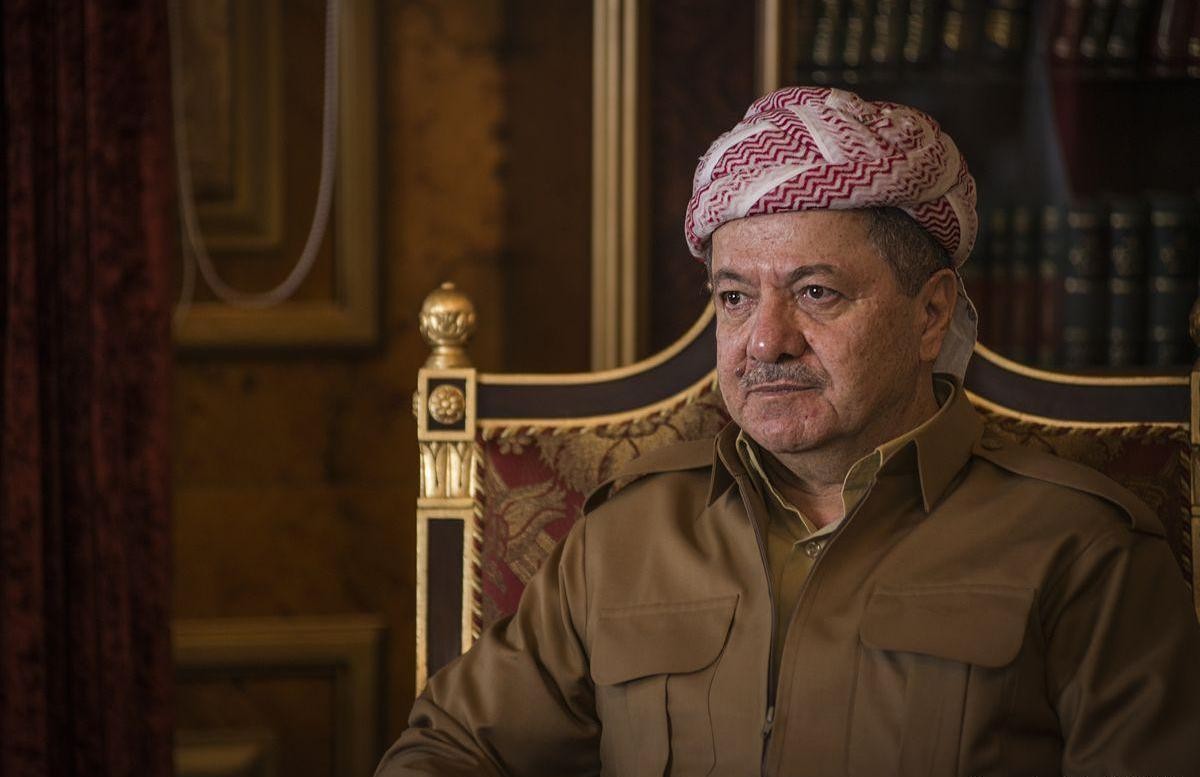Germany’s Federal Government Commissioner for Freedom of Religion or Belief Frank Schwabe told Kurdistan Chronicle in an exclusive interview that the 2020 Sinjar Agreement is the only agreement that formulates a specific plan to find a solution for the Yezidis and that there is a need for cooperation between Baghdad and Erbil.
In October 2020, Baghdad and Erbil signed the Sinjar Agreement with support of the UN in order to facilitate the return of displaced Yezidis. However, top Kurdish officials have repeatedly emphasized that so far the agreement has not been implemented and militias continue to operate in Sinjar.
“Ultimately, both parties must decide this for themselves, openly and honestly. I know that the agreement is also viewed critically by parts of the Yezidi community,” Commissioner Schwabe said.
“However, as things stand, it is the only agreement that formulates specific plans for Sinjar and that we can use as a guide. If there are other ways for both sides to establish security and self-government in Sinjar, I would have no objection.”
In a press release on July 21, Germany’s Federal Government Commissioner for Human Rights Policy and Humanitarian Assistance Luise Amtsberg underlined that “the German Government’s main concern continues to be the reconstruction and the inclusive implementation of political solutions, for instance the Sinjar Agreement, with the active involvement of all parties concerned.”
Germany’s Federal Ministry of Economic Cooperation and Development, under the direction of the Federal Government Commissioner for Freedom of Religion or Belief, recently organized a dialogue event on the future of the Yezidis in Iraq, especially in the Sinjar District, 10 years after the Yezidi Genocide perpetrated by ISIS in August 2014.
During the event, the challenges for a safe and livable future for Yezidis were discussed between representatives of the Iraqi government and the Kurdistan Regional Government (KRG), scholars, representatives of Yezidi civil society, and the German diaspora.
As a result of the dialogue event, Commissioner Schwabe is pursuing three specific projects: combating hate speech against Yezidis and other religious minorities, further investigating and addressing the genocide against the Yezidis through transitional justice, and facilitating discussions on the concrete reconstruction and development of the local administration in Sinjar.
Read More: IDP Camps Should Not Be Closed: German Commissioner
Commissioner Schwabe led a delegation to Iraq and the Kurdistan Region in September, visiting Mosul, Erbil, and Sinjar.
“Ten years after the start of the genocide, many Yezidis – whether in Sinjar itself or in the official or unofficial camps in the Kurdistan Region – have become increasingly hopeless. This is also what I observed during my trip to Erbil, Dohuk, Mosul, and Sinjar a few weeks ago,” Commissioner Schwabe told Kurdistan Chronicle.
“For the first time in many years, many people in Iraq are experiencing stability and normality – but this hardly applies to the Yezidi community. The Yezidis have a right to a homeland and a right to a future worth living in their homeland. For many, that is Sinjar.”
“The Ministry and I want to make it clear that although a lot has already happened, efforts must be further intensified and the federal government of Iraq and the KRG must pull together. Otherwise, another 10 years will pass without any substantial improvement in the lives of the Yezidis,” he added.
Moreover, Commissioner Schwabe believes the central basis for all efforts to help Yezidis is agreement between the federal government of Iraq and the KRG.
“In my view, the two central framework conditions for normality for Yezidis in Sinjar are a police force that can enforce law and order and a local administration. These will only come about if there is an agreement between the two sides. Both are also prerequisites for sustainable development, a stable economy and peaceful coexistence in Sinjar – independent of international support.”
The Iraqi federal government had previously issued a deadline to close all internally displaced persons (IDP) camps in Iraq by July 30. Thousands of Yezidis still remain in camps in the Kurdistan Region. However, the KRG underlined that they would not force IDPs to return.
Read More: Iraqi Government Forms Task Force to Solve IDP Issue: Interior Minister
On July 8, Baghdad established a new task force to oversee the country’s IDP camps, effectively halting their decision to close the camps.
“I am relieved that the IDP camps were not closed the month before last, but I also know that they are not meant to be permanent facilities, but only temporary. The displaced families should be free to decide whether they want to leave the camps and return to their home villages,” Commissioner Schwabe concluded.

